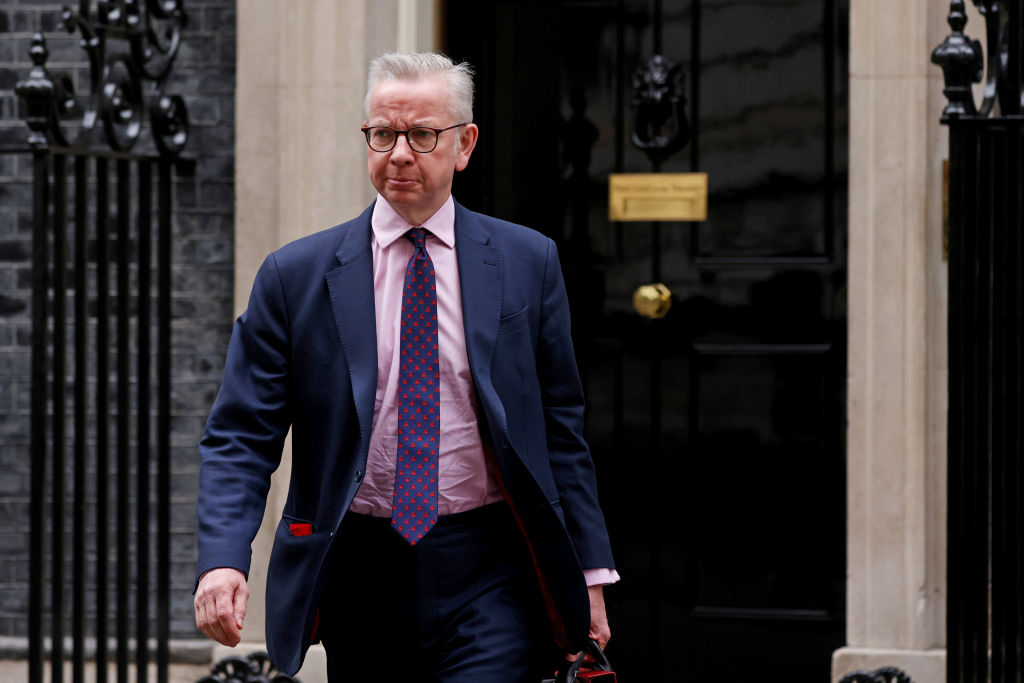Results are still coming in fast but one of the big stories of this local election night has been the Tories’ southern discomfort. Onetime safe seats in the once-impregnable ‘Blue Wall’ have fallen overnight to the Liberal Democrats and to a lesser extent, the Greens and Labour too. The leaders of Windsor and Mid Suffolk council lost their seats to Lib Dem and Green challengers respectively; the regions where the Tory vote share has fallen most is by 5.7 per cent in the south west and 3.7 per cent in the south east. Conversely, CCHQ is keen to talk up the areas where the party performed best: this occurred in the north where the swing to Labour was 4 per cent, less than the national average.
Traditionally, the safest Tory seats were in the south, attracting high-flying candidates who were likely to become ministers. It’s therefore perhaps no surprise that some of the biggest swings thus far have occurred in the seats of cabinet ministers, selected in pre-Brexit days. The Conservatives have lost control in Welwyn Hatfield and Hertsmere, whose seats are represented in parliament by Oliver Dowden and Grant Shapps. In Plymouth, Labour made significant gains to the chagrin of Johnny Mercer, while the Lib Dems are talking up their their prospects in Surrey Heath, where Michael Gove is the local MP. Other high-profile Tories who saw big swings in their patch include Nadhim Zahawi in Stratford-upon-Avon and Theresa May in Maidenhead, where the Lib Dems captured the local authority.
This phenomena of big beasts being at risk is exacerbated by the geographical balance of Rishi Sunak’s cabinet. Other than the Prime Minister himself, who sits for a Yorkshire constituency, Ben Wallace in Lancashire and Alister Jack in Dumfries are the only full cabinet members to represent seats north of the Midlands. Andrew Mitchell is the only one of 41 West Midland Tories to currently attend cabinet; there are five times as many of the 46 South West MPs. Sunak’s most recent appointments to the top table were Greg Hands as party chairman and Alex Chalk as Justice Secretary. Hands’ Chelsea seat is likely to become a marginal next time; Chalk’s ultra-marginal Cheltenham base is almost certain to go yellow. Gains in local elections do not guarantee success in the general but there is now a clear trend of southern voters moving away from the Conservatives.
An interesting question in the coming months is whether this threat to the seats of prominent Tory MPs will in any way affect the party’s electoral strategy for 2024. Their opponents will certainly enjoy the prospect of claiming high-profile ‘scalps’ at next year’s general election and we are likely to see talk of the Lib Dems reprising their ‘decapitation’ plan of 2005. Fifteen years ago, the party’s plan to target high-profile names like Theresa May didn’t work. This time the circumstances seem much more favourable for such a strategy.







Comments